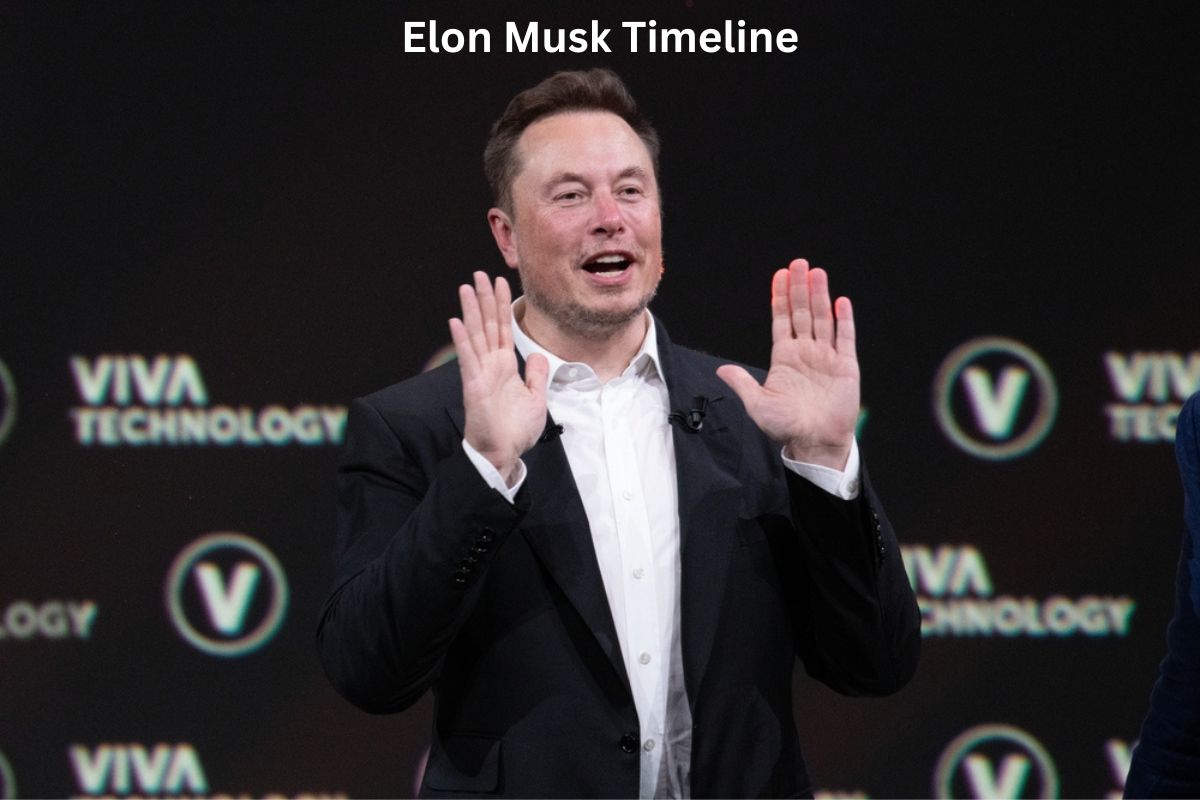Elon Musk’s journey from South Africa to global prominence is a story of relentless innovation. Co-founding PayPal, leading Tesla’s electric vehicle revolution, pioneering reusable rockets with SpaceX, and advancing AI through OpenAI, Musk’s life has been defined by visionary thinking.
In this article, we’ll explore the key moments in Musk’s career that have shaped space exploration, sustainable energy, and more.
Join us as we delve into the remarkable story of Elon Musk: the entrepreneur, inventor, and disruptor whose endeavors have left an indelible mark on our world.
| Year | Event |
|---|---|
| 1971 | Elon Reeve Musk is born on June 28 in Pretoria, South Africa. |
| 1995 | Musk drops out of a Ph.D. program at Stanford University after just two days to pursue a career in business and technology. |
| 1996 | Musk co-founds Zip2, a web software company that eventually gets acquired by Compaq for nearly $300 million in 1999. |
| 1999 | Musk founds X.com, an online payment company, which later becomes PayPal after a merger with Confinity. |
| 2002 | eBay acquires PayPal for $1.5 billion in stock. |
| 2002 | Musk founds SpaceX (Space Exploration Technologies Corp.) with the goal of reducing space transportation costs and enabling human colonization of Mars. |
| 2004 | Musk invests $6.5 million in Tesla Motors (now Tesla, Inc.) and becomes chairman of the board. Tesla aims to accelerate the transition to sustainable energy through electric vehicles and renewable energy solutions. |
| 2006 | SpaceX successfully launches the Falcon 1, becoming the first privately-funded liquid-fueled rocket to reach orbit. |
| 2008 | Tesla introduces the Roadster, the first electric sports car. This is followed by the Model S, Model X, Model 3, and Model Y. |
| 2015 | SpaceX successfully lands the first stage of a Falcon 9 rocket back on Earth, marking a significant breakthrough in reusable rocket technology. |
| 2015 | Musk co-founds OpenAI, an organization dedicated to researching artificial intelligence in a responsible and safe manner. |
| 2016 | Tesla announces the acquisition of SolarCity, a solar energy company founded by Musk’s cousins. This move aims to integrate solar energy production and storage with electric vehicles. |
| 2018 | Musk founds The Boring Company, focused on tunnel construction and infrastructure, particularly in urban transportation. |
| 2020 | SpaceX successfully launches astronauts into orbit for the first time as part of NASA’s Commercial Crew Program. |
| 2020 | Tesla becomes the world’s most valuable automaker by market capitalization, surpassing traditional car manufacturers. |
Timeline of Elon Musk
1971: Elon Reeve Musk is born on June 28 in Pretoria, South Africa
Elon Musk was born to a Canadian mother, Maye Musk, and a South African father, Errol Musk. Growing up in South Africa, Elon showed an early interest in technology and science. He read voraciously and developed a deep passion for computing and programming from a young age.
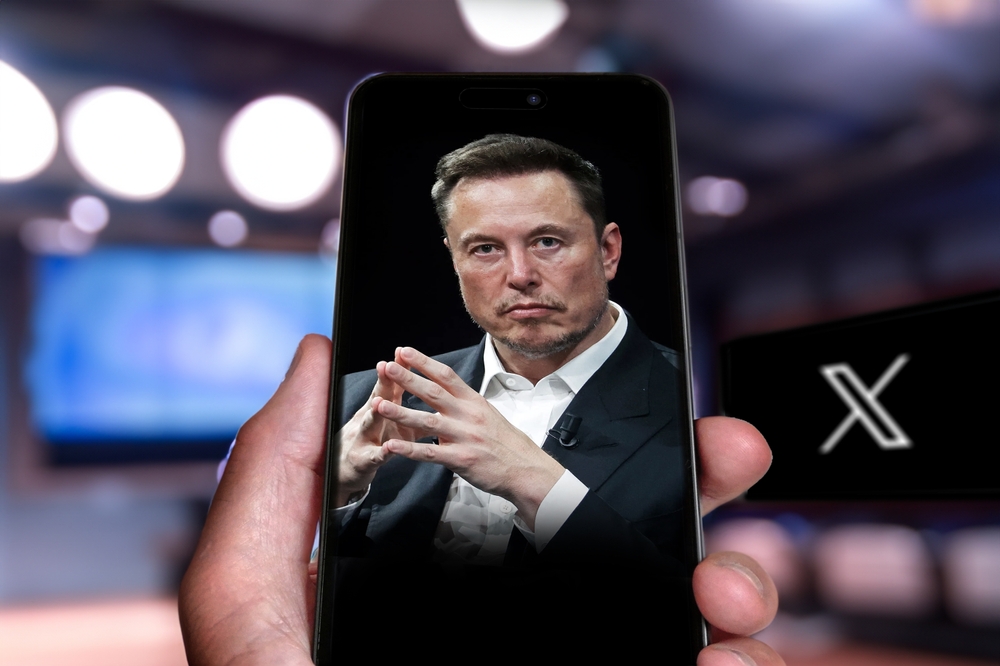
1995: Musk drops out of a Ph.D. program at Stanford University after just two days to pursue a career in business and technology
After completing his undergraduate studies in economics and physics at the University of Pennsylvania, Musk moved to California to pursue a Ph.D. in energy physics at Stanford University.
Also Read: Facts About Elon Musk
However, he quickly realized that the internet and the emerging field of the World Wide Web were about to revolutionize several industries. Just two days into his Ph.D. program, Musk decided to drop out and pursue entrepreneurial ventures in the technology sector.
1996: Musk co-founds Zip2, a web software company that eventually gets acquired by Compaq for nearly $300 million in 1999
Elon Musk’s entrepreneurial journey began in earnest when he co-founded Zip2, a company that provided business directories and maps for newspapers. The company’s software helped newspapers establish an online presence during the early days of the internet.
Also Read: Space Exploration Facts
Despite facing significant challenges and sleeping in the office to save money, Musk and his team managed to build Zip2 into a successful venture.
In 1999, Compaq acquired Zip2 for approximately $300 million, providing Musk with his first major financial success and laying the foundation for his future ventures.
1999: Musk founds X.com, an online payment company, which later becomes PayPal after a merger with Confinity
In 1999, Elon Musk founded X.com, an online payment and financial services company. X.com aimed to revolutionize online payments and financial transactions. The company provided a seamless way for people to make online payments and manage their finances.
In 2000, X.com merged with Confinity, a company that was developing a similar payment service. The merged entity retained the name X.com for a short time but eventually rebranded as PayPal.
Under Musk’s leadership, PayPal became a widely used online payment platform, serving millions of users and processing payments for various e-commerce websites.
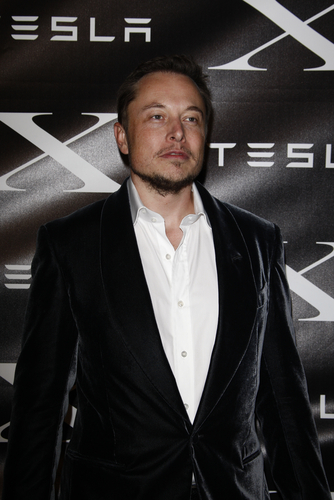
2002: eBay acquires PayPal for $1.5 billion in stock
In 2002, eBay, the popular online auction and e-commerce platform, recognized the potential of online payments and acquired PayPal in a stock deal valued at $1.5 billion.
This acquisition not only marked a significant financial success for Elon Musk, who held a significant stake in PayPal, but also helped him gain recognition as a successful entrepreneur in the tech industry.
The integration of PayPal with eBay’s platform accelerated the growth of online transactions and made online shopping more convenient and secure for users around the world.
2002: Musk founds SpaceX (Space Exploration Technologies Corp.)
While Musk achieved financial success with the sale of PayPal, his ambitions extended far beyond online payments.
In 2002, he founded SpaceX, a private aerospace manufacturer and space transportation company, with the audacious goal of reducing the cost of space travel and eventually enabling human colonization of Mars.
Musk believed that humanity needed to become a multi-planetary species to ensure its survival in the long term. SpaceX’s early years were marked by numerous challenges and setbacks, but Musk’s determination and vision drove the company to develop innovative and cost-effective rocket technology.
SpaceX achieved several historic milestones, including the first privately-funded liquid-fueled rocket to reach orbit with the Falcon 1 launch in 2008.
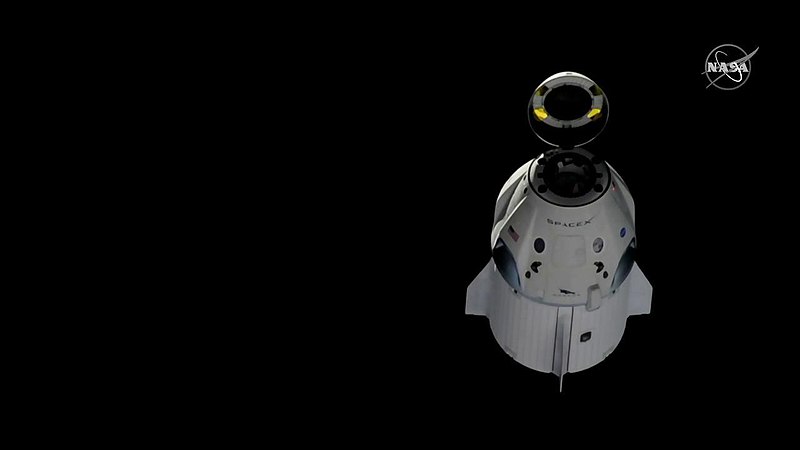
2004: Musk invests $6.5 million in Tesla Motors (now Tesla, Inc.) and becomes chairman of the board
In 2004, Elon Musk became involved in the electric vehicle (EV) industry when he joined Tesla Motors as chairman of the board and its primary investor.
Tesla was founded by Martin Eberhard and Marc Tarpenning, and Musk joined the company’s early stages to help drive its mission to revolutionize the automotive industry. Musk played a pivotal role in securing funding for Tesla and providing strategic direction.
Tesla’s goal was to accelerate the transition to sustainable energy by producing high-performance electric vehicles that could compete with traditional gasoline-powered cars. Under Musk’s leadership, Tesla developed groundbreaking EVs like the Roadster, the first electric sports car.
2006: SpaceX successfully launches the Falcon 1, becoming the first privately-funded liquid-fueled rocket to reach orbit
In 2006, SpaceX achieved a significant milestone in space exploration by successfully launching the Falcon 1 rocket into orbit. This marked the first time a privately-funded company had launched a liquid-fueled rocket into orbit.
The achievement was a major breakthrough in reducing the cost of space travel and paved the way for SpaceX’s future endeavors.
Musk’s vision for SpaceX included not only reducing space transportation costs but also making space travel more accessible and sustainable, with the ultimate goal of enabling human colonization of Mars.
2008: Tesla introduces the Roadster, the first electric sports car
Tesla introduced its first production electric car, the Tesla Roadster, in 2008. The Roadster was a high-performance sports car based on the Lotus Elise chassis and was powered by lithium-ion batteries.
It had a range significantly greater than other electric cars available at the time. The success of the Roadster paved the way for Tesla to develop a range of electric vehicles for the mass market.
Subsequent models included the Model S (a luxury sedan), Model X (an SUV), Model 3 (a more affordable sedan), and Model Y (a compact SUV). These vehicles became increasingly popular, and Tesla played a key role in driving the adoption of electric vehicles worldwide.
2015: SpaceX successfully lands the first stage of a Falcon 9 rocket back on Earth
One of the most significant achievements in space exploration during this period was SpaceX’s successful landing of the first stage of a Falcon 9 rocket back on Earth in 2015. This marked the first time in history that a rocket’s first stage was recovered and reused.
Reusable rockets have the potential to drastically reduce the cost of space travel, making it more economically viable for missions to space. This achievement was a major step toward Elon Musk’s vision of making space exploration more sustainable and affordable, ultimately enabling human missions to Mars and beyond.
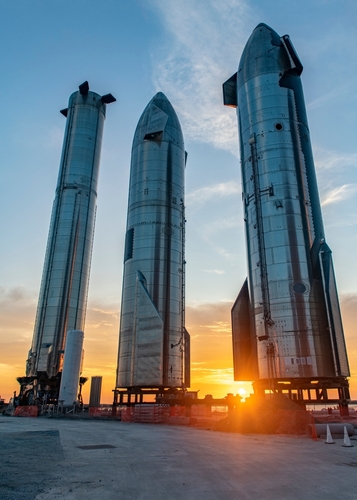
2015: Musk co-founds OpenAI, an organization dedicated to researching artificial intelligence in a responsible and safe manner
In 2015, Elon Musk co-founded OpenAI, a nonprofit research organization focused on advancing artificial intelligence (AI) while ensuring its responsible and safe development.
Musk, along with other tech luminaries, recognized the potential risks associated with powerful AI systems and sought to promote AI research that prioritized ethical considerations and safeguards.
OpenAI’s mission is to ensure that artificial general intelligence (AGI) benefits all of humanity. While Musk was a co-founder, he eventually stepped down from the board to avoid any potential conflicts of interest, but he remained a supporter of OpenAI’s mission.
2016: Tesla announces the acquisition of SolarCity, a solar energy company founded by Musk’s cousins
In 2016, Tesla made a strategic move to expand its focus on sustainable energy solutions by announcing the acquisition of SolarCity, a solar energy company co-founded by Elon Musk’s cousins, Lyndon and Peter Rive.
This merger aimed to create an integrated energy company that could provide solar energy generation, energy storage through products like the Powerwall, and electric vehicles.
The goal was to create a seamless and sustainable energy ecosystem that combined solar power generation with electric vehicle charging and home energy storage.
While the acquisition was met with some skepticism, it demonstrated Musk’s commitment to advancing clean and renewable energy solutions.
2018: Musk founds The Boring Company, focused on tunnel construction and infrastructure, particularly in urban transportation
In 2018, Elon Musk founded The Boring Company, which is primarily focused on tunnel construction and infrastructure projects, particularly in urban transportation.
The company’s name is a play on words, as it aims to make underground transportation systems less “boring” by reducing traffic congestion and improving transportation efficiency. One of The Boring Company’s most well-known projects is the development of the Hyperloop, a high-speed transportation concept involving vacuum tubes.
The company also worked on tunneling solutions to alleviate traffic in cities, including the construction of a test tunnel in Hawthorne, California.
Musk’s vision for The Boring Company is to revolutionize urban transportation by creating a network of underground tunnels that can move vehicles and passengers at high speeds while reducing traffic on the surface.
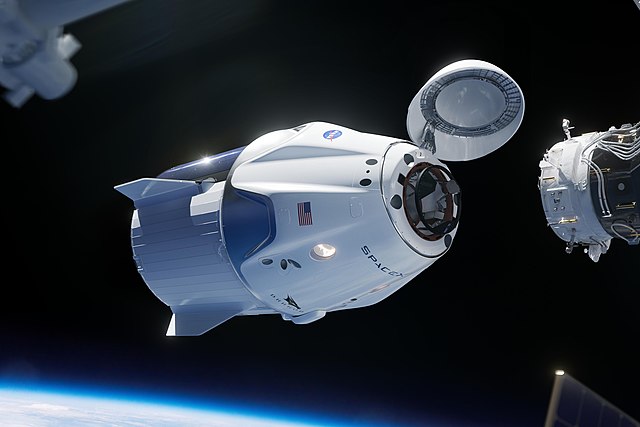
2020: SpaceX successfully launches astronauts into orbit for the first time as part of NASA’s Commercial Crew Program
In 2020, SpaceX achieved a historic milestone by launching astronauts into orbit as part of NASA’s Commercial Crew Program. The Crew Dragon spacecraft, developed by SpaceX, carried NASA astronauts Douglas Hurley and Robert Behnken to the International Space Station (ISS).
This mission, known as Demo-2, marked the first time that a privately operated spacecraft transported astronauts to the ISS and safely brought them back to Earth.
It was a significant achievement for commercial space travel, demonstrating SpaceX’s capability to provide reliable crew transportation services to the ISS and reducing NASA’s dependence on Russian Soyuz spacecraft.
This success also solidified SpaceX’s position as a major player in the space industry and opened the door to future crewed missions.
2020: Tesla becomes the world’s most valuable automaker by market capitalization, surpassing traditional car manufacturers
In 2020, Tesla achieved a remarkable milestone by becoming the world’s most valuable automaker by market capitalization.
The company’s stock price surged, driven by strong sales, consistent profitability, and growing investor confidence in electric vehicles and renewable energy solutions. Tesla’s market capitalization exceeded that of well-established traditional automakers, signifying a seismic shift in the automotive industry towards electric vehicles.
Elon Musk’s vision of accelerating the transition to sustainable energy through the mass adoption of electric cars had a profound impact on the automotive landscape.
Tesla’s success not only showcased the potential for electric vehicles but also contributed to the broader conversation on sustainable transportation and climate change mitigation.
2021: Tesla market value tops $1 trillion for the first time
October 2021 – Tesla’s market cap exceeds $1 trillion for the first time, making it the fastest company ever to reach that threshold.
Tesla’s share price had risen sharply through 2021 thanks to strong revenue and profits.
The $1 trillion valuation cements Tesla’s position as the world’s most valuable automaker. It surpasses the market cap of major automakers like Toyota, Volkswagen, Daimler, GM, and Ford combined.
Tesla joins elite company as only the 6th U.S. company to reach $1 trillion value, after Apple, Microsoft, Amazon, Alphabet (Google), and Facebook.
Musk’s 20% stake in Tesla is worth over $200 billion at the $1 trillion level. Tesla’s soaring valuation is seen as a reflection of its leadership in electric vehicles and future growth potential.
2022: Acquires Twitter for $44 billion
April 2022 – Musk offers to buy Twitter for $44 billion at $54.20 per share.
April 2022 – Twitter accepts Musk’s offer after initial resistance. Deal is unanimously approved by Twitter board.
October 2022 – After months of uncertainty, Musk completes deal and takes ownership of Twitter.
Musk fires top Twitter executives upon taking over. Says he will promote free speech on the platform. Twitter deal financed by Musk’s assets, loans from banks, co-investors including Oracle’s Larry Ellison.
Musk faces challenges with changes at Twitter including employee resignations, advertiser hesitation. Twitter acquisition is Musk’s biggest and most controversial business move since founding Tesla and SpaceX.
